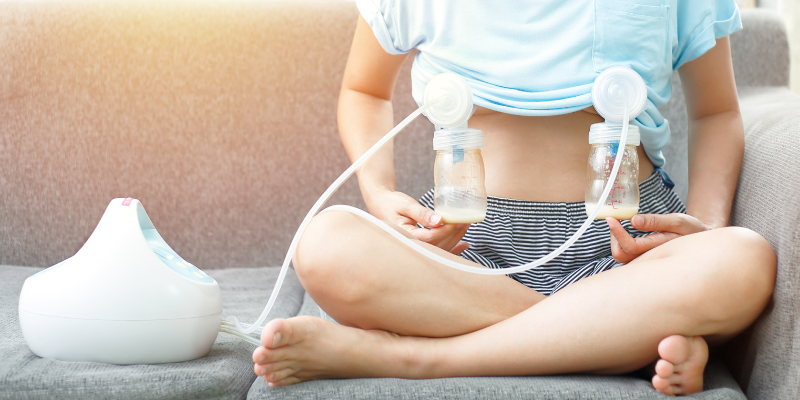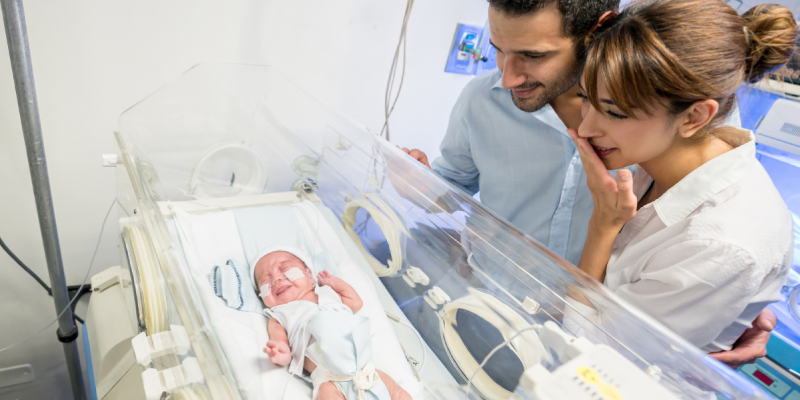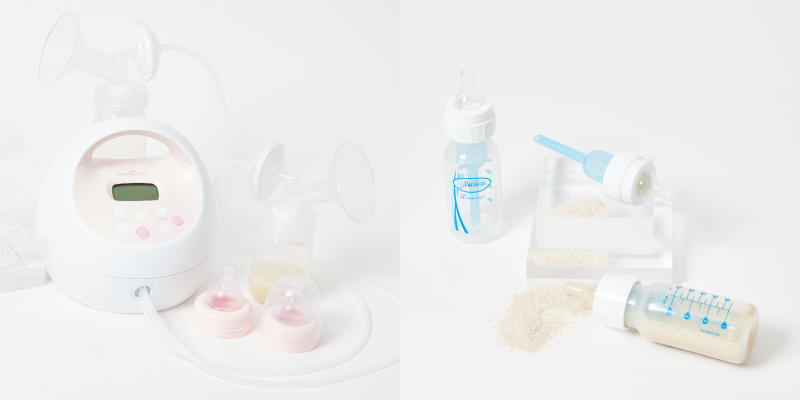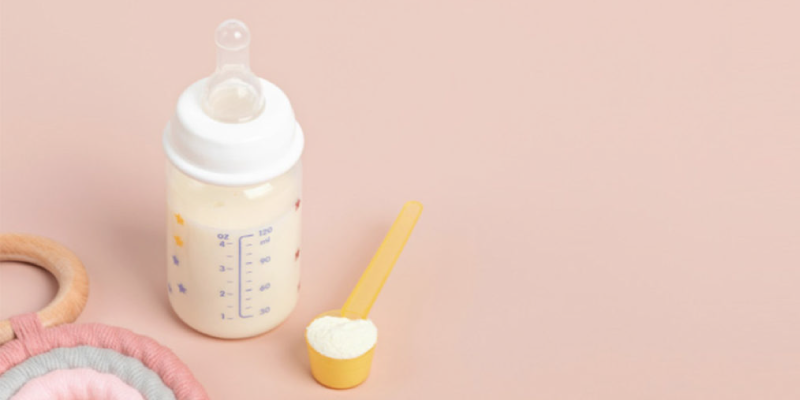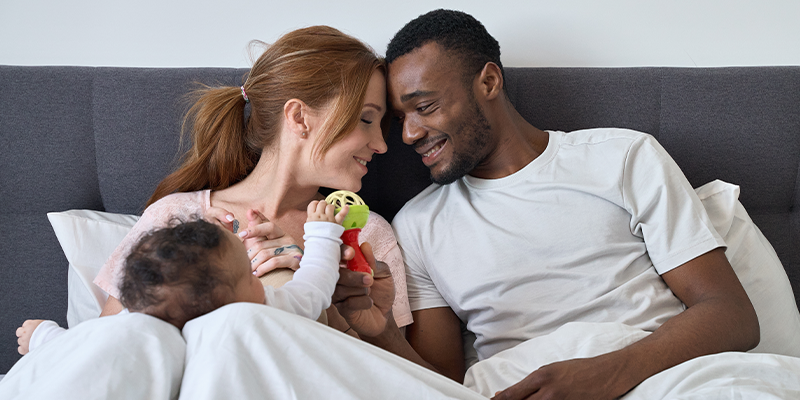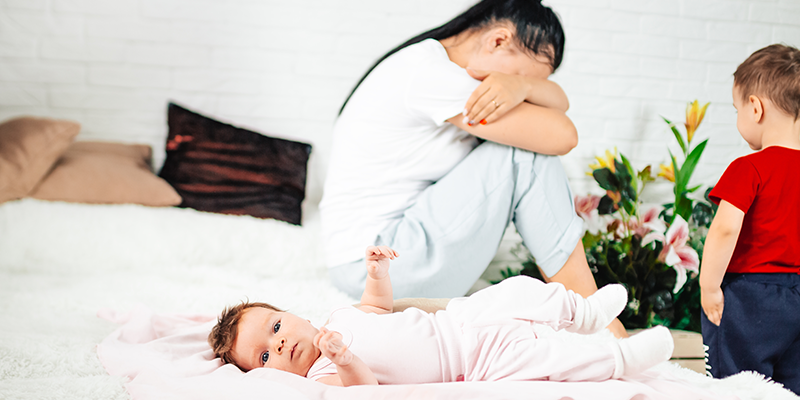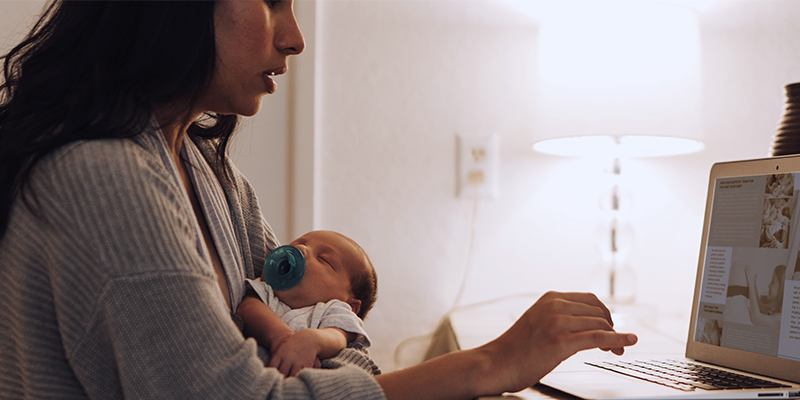Moms Without Maternity Leave are More Likely to Suffer from Postpartum Depression
Postpartum depression can occur any time in the first year of your baby’s life but often begins around the three-week mark. As many moms know, postpartum depression is a highly stigmatized issue that forces moms to silently suffer from their symptoms. You just brought a bundle of joy into the world, how could you not be feeling overwhelmed with joy?
The truth is that childbirth brings forth many mixed emotions and moms often struggle to adjust their bodies and minds postpartum. Even further, postpartum depression rates are higher in moms who return to work quickly due to a lack of paid family leave in the U.S and may struggle financially from taking unpaid time off.
“Paid leave for both parents would allow mothers to better care for themselves and their babies, and studies show it could improve maternal mental health. Importantly, it could help prevent moms from feeling exhausted, a big cause of PPD.” – Parents
Regardless, there is no reason to be ashamed of that or feel alone—1 in 7 moms suffer from postpartum depression.
How Do I Know If I’m Experiencing PPD?
The Mayo Clinic offers a list of PPD signs and symptoms to consult:
- Depressed mood or severe mood swings
- Excessive crying
- Difficulty bonding with your baby
- Withdrawing from family and friends
- Loss of appetite or eating much more than usual
- Inability to sleep (insomnia) or sleeping too much
- Overwhelming fatigue or loss of energy
- Reduced interest and pleasure in activities you used to enjoy
- Intense irritability and anger
- Fear that you’re not a good mother
- Hopelessness
- Feelings of worthlessness, shame, guilt or inadequacy
- Diminished ability to think clearly, concentrate or make decisions
- Restlessness
- Severe anxiety and panic attacks
- Thoughts of harming yourself or your baby
- Recurrent thoughts of death or suicide
I think I have PPD. What do I do?
First, understand that you are not alone in this. If you feel comfortable, try to confide in your partner, a family member, or a friend. It’s important to have someone close to you aware that you are struggling so that they can take care of you and lend a helping hand when possible.
Reach out to your doctor or a counselor. Postpartum depression can be managed with talk therapy, support groups, medication, lifestyle changes and a supportive environment, or a combination of these. Make sure to advocate for yourself if you feel like your doctor is not hearing your concerns, on your side, or is pressuring you. You carried a whole human in your belly for 9 months! You know your body and mind better than anyone else.
- Be proactive during pregnancy
- Be honest with your doctor
- Create and maintain contact with your support group
- Get some sun and exercise
- Find something that calms and relaxes you
- Learn to be flexible
- Try to get as much sleep as you can
- Ask for help
- Know and remind yourself that you have done nothing wrong
Additional Resources
Postpartum Health Alliance 619.254.0023
Postpartum Support International HelpLine: 1.800.944.4773
SAMHSA’s National Helpline: 1-800-662-HELP (4357)





